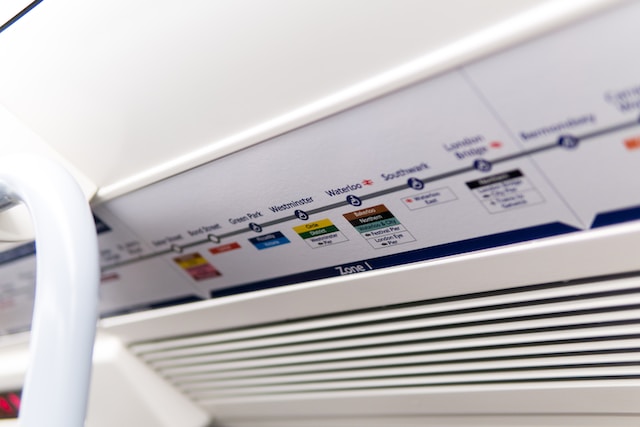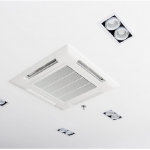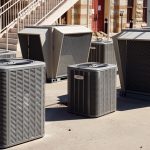
Things to Keep in Mind before Air Conditioning Installation
Handling weather conditions such as extreme heat, humidity, and even cold is almost impossible without a good AC system. It has become an essential part of a modern home, so there are numerous models on the market adapted to the needs of every homeowner who wants to make their living space comfortable.
For starters, you need a quality AC system. Next, proper installation is very important to enable the efficient and optimal operation of your air conditioning. For this to be possible, you must meet a few more requirements. For instance, you have to install air conditioning in the proper location, have functional ductwork, perform regular device maintenance, etc.
Know Your AC System
There are many brands and AC models on the market in a very wide price range. The choice is easier if you know the good and bad sides of each type of these system. And some basic division is into traditional and ductless systems.
Traditional AC systems are a part of your home HVAC and rely on a duct network to emit cool or warm air throughout the space. On the other hand, ductless units have their own fans and indoor and outdoor units. You can have them in any room in your house so each AC will perform separately.
There are also window-wall-mounted air conditioners where indoor and outdoor units form a whole. They don’t take up too much space and are easy to install, but they’re only effective for working in a single room and can be quite noisy. Finally, there are portable AC devices that are practical and affordable and don’t require any installation. You just put them where you need them.
Energy Consumption
In general, modern AC devices consume less energy than older models and way less than other heating sources such as heaters. And of the mentioned types of AC systems, split ductless units are by far the most efficient. Their use can lower your electricity bills by almost a third compared to other heating and cooling devices in your home.
The more you pay for a high-quality air conditioner, the more you’ll save. It might sound odd, but new devices use technologies allowing them to provide maximum output with minimal energy consumption.
Device Size
In this regard, the issue is not the physical dimensions of the AC but its working capacity expressed in BTU (British Thermal Units), which should correspond to the size of your room. That’s something you should pay special attention to because even the tiniest mistake in the calculation can cost you a lot.
If you get an air conditioner with a smaller capacity than your needs, it’ll have to work much longer to reach the optimal room temperature. That results in a significantly higher electricity bill. On the other hand, a device that’s too big for your room can cool or heat it too much, which just means too much energy waste.
You can easily calculate the room size by measuring the length and width and multiplying them. You get the size expressed in square feet. Then you look at the manufacturer’s specification for the chosen device. Approximately 25 BTU is needed for one foot, so an average room of about 150 sq ft requires an AC unit with a power of 3750 BTU or possibly 4000 BTU, but not more than that.
Best Place for Installation
The installation spot plays one of the major roles in optimal AC running. The position of the indoor unit should ensure optimal airflow, which means there shouldn’t be any obstacles. Also, the outdoor unit should “breathe,” which means that the optimal position is one with good airflow.
Corners of rooms are not a good solution for AC devices because access can be tricky when repairs and regular maintenance are required . It’s desirable that the device is exposed to direct sunlight as little as possible, so south and southeast walls are a good choice.
As for the height, about 5 to 6 feet is optimal because the higher the device is placed, the better the airflow, especially when it comes to cooling. Logically, the cold air is “heavy;” as it goes down, it cools the entire room. If you also have a ceiling fan in the room where you install AC, it’s a win-win situation. It’ll enable even better airflow, so you can rely less on your cooling unit.
When choosing an AC system, your budget is one of the main factors, but the quality of your heating and cooling system isn’t something you should skimp on. Besides, professional installation and regular system maintenance will significantly contribute to its optimal work. Only that way can you enjoy heating and/or cooling all year round with optimal costs and maximum comfort.


